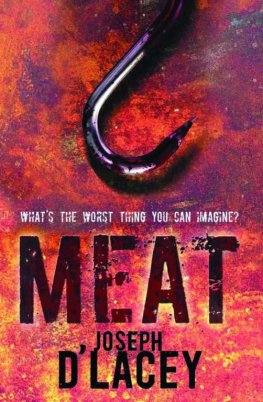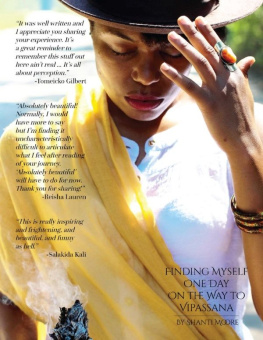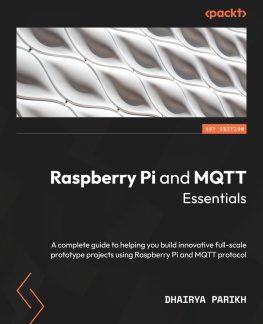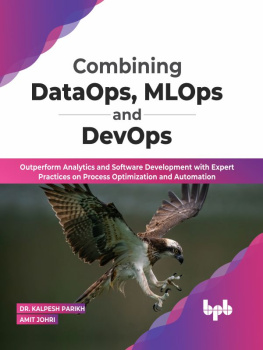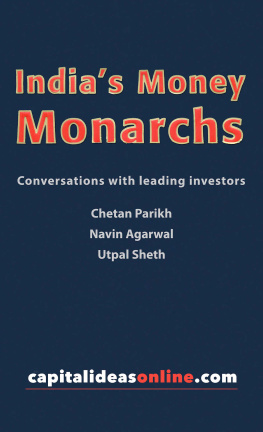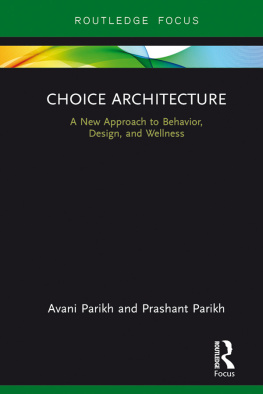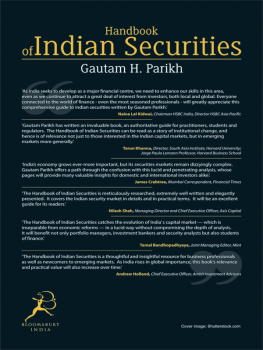2015 by Vanderbilt University Press
Nashville, Tennessee 37235
All rights reserved
First printing 2015
This book is printed on acid-free paper.
Manufactured in the United States of America
Library of Congress Cataloging-in-Publication Data on file
LC control number 2015003150
LC classification number RA643.86.U33P37 2015
Dewey class number 362.19697'920096761dc23
ISBN 978-0-8265-1777-7 (hardcover)
ISBN 978-0-8265-1778-4 (paperback)
ISBN 978-0-8265-1779-1 (ebook)
Acknowledgments
This book is dedicated to people who have worked to alleviate the impact of the HIV epidemic and of inequality in Uganda and elsewhere in the world for the past thirty-plus years. Although what follows is a critique of interventions and their unintended consequences, the epidemic would likely be far worse without these workers tireless efforts.
My greatest debt is to the residents of the Iganga region in eastern central Uganda who graciously allowed me into their lives from 1996 to 2015. I am especially grateful to the regions young people for sharing their love letters and the private stories from which these missives emerge. I have tried to represent the richness of their lives and their desires, but no doubt my accounts are partial and biased.
The companionship and dedication of a group of research assistants sustained me during each field research period and kept me connected to Iganga while in the United States. To Janet Kagoda and Gerald Isabirye Kigenyithank you for your years of diligent research assistance and keeping me intellectually accountable and engaged. We were joined by an equally steadfast group of assistants: Salim Wantati, Steven Waiswa, Ronald Ojambo, Ruth Nakaima, and Robert Butwala during my initial project on the history of coming of age and premarital romance, and Moses Mwesigwa, Harriet Mugulusi, John Ibemba, Francis Kyakulaga, and Charles Ojambo on subsequent projects. Many evenings of laughing, dancing, and singing as we organized research data and tasks are fondly remembered. I extend my deepest gratitude to my hosts in Bulubandi village, Mrs. Agaati Ojambo and her family, who welcomed me into their home and their lives despite my endless questions.
I had the honor of many insightful conversations with elders in the Iganga region. Thank you to my initial teachers, Mr. and Mrs. Peter Kigenyi; the wisemen of Bulubandi, the late Imam Kassan Wantati and the late Marichi Maiso; Mirembe Proscovia and the late Margaret Nakidodo, community womens leaders; the late Christopher Isabirye; Florence Kumunu, hero to many; the courageous Reverend Jackson and Nurse Catherine Njuba from IDAAC (Integrated Development Activities and AIDS Concern); the dedicated Nurse Rose and other staff at Iganga District Hospital; Bulubandi Literacy Group; the Iganga health officer, Mr. David Muwanguzi; and members of various cultural groups and HIV support groups spread throughout the region. Numerous teachers, staff, and students in Iganga invested time in this project even though youth romance was not a topic that most schools wanted to discuss openly. I wish to express special appreciation to David Balaba of Kings Secondary School, Father Damien Grimes of Namasagali Secondary School College, and the headmasters and staff at Nakigo Secondary School, Kasokoso Primary School, and Iganga Parents Secondary School, for allowing me the opportunity to spend time in their schools. And to all the young people in Igangamy heartfelt thanks for teaching me about youth romance, hopes, and fears; I am inspired by your optimism, your enjoyment of laughter, and your care for your peers.
This project benefited from my having access to materials and perspectives on gender, sexuality, and regulation from a variety of people working at agencies in Iganga, including the Probate (Domestic Affairs) Office, the Family Planning Agency, the District Hospital and Ministry of Health, the Iganga Magistrate and Busoga High Courts, and the Iganga branch of the Uganda Taxi Operators and Drivers Association (UTODA). Many media outlets, sexual health and HIV organizations, womens and childrens rights organizations, and government offices in Kampala also gave me access to their materials; I owe a special note of thanks to the newspaper Straight Talk, CBS and Simba radio stations, the publications The Red Pepper and Chic, Save the Children (Denmark), the Uganda AIDS Commission, and FIDA-Uganda (Federacin Internacional de Abogadas, or International Federation of Women Lawyers).
Makerere Institute for Social Research (MISR) provided more than an academic affiliation. The faculty, researchers, and staff of MISR, together with Makerere University School of Public Health, provided an intellectual home to critical dialogue about this project. I received research clearance from Institutional Review Boards (IRBs) in the United States and the Uganda National Council of Science and Technology (UNCST). Funding for research and analysis was provided by a Henry Hart Rice fellowship, a Leadership Alliance fellowship, the Yale Center for International and Area Studies, a Fulbright New Century Scholar fellowship (Global Feminisms), American Recovery and Reinvestment Act (ARRA) NIH Grant 293366027, and National Institutes of Health (NIH) R01 Grant 41724-01A1.
More people have helped refine my analysis and read pieces of this book over the years than I can mention here. In addition to those in Uganda, mentioned above, I have been fortunate to receive input from faculty and students at Washington University in St. Louis and Yale University. I especially want to recognize my faculty advisors at YaleHarold Scheffler, Linda-Anne Rebhun, and Kamari Clarkefor their guidance and insight during the early stages of this project. Thank you to my brilliant collaborators on the NIH project, especially Jennifer Hirsch, who commented on an earlier draft, and also Daniel Smith, Holly Wardlow, Harriet Phinney, and Constance Nathanson for many fun and intellectually stimulating meetings. Jennifer Cole provided useful organizational comments, as did her students in her course at the University of Chicago; Susan Whyte reminded me of value of the ethnographic story; and Richard Parker offered his insights on sexuality, desire, and structural violence. In addition, I would be remiss if I did not mention the engaging conversations that I had with faculty and students when I presented on various parts of this project, including Duke Universitys Sexualities Colloquium; St. Marys College Women, Gender, and Sexuality Colloquium; University of Arizonas Women, Gender, and Sexuality Studies Mapping Insurgencies Conference; the Sex and Secrecy International Conference at the University of Witwatersrand; University of Illinoiss African Studies Symposium; University of Michigans African Development and Human Security Project (ADHSP); and Harvard Universitys African Studies Workshop.



